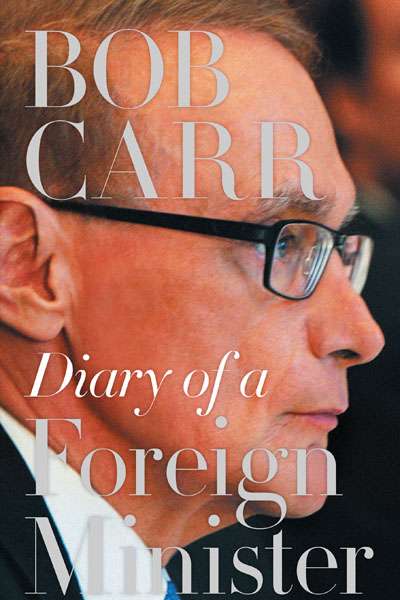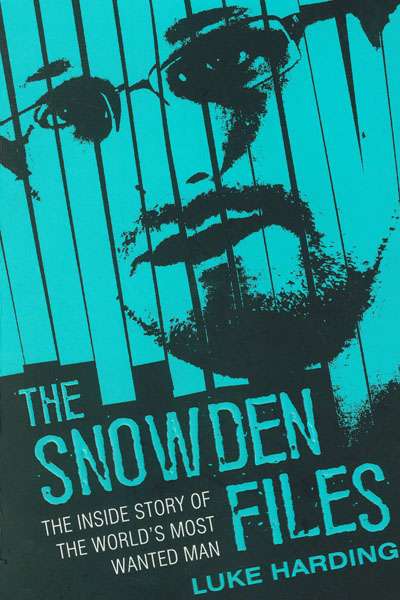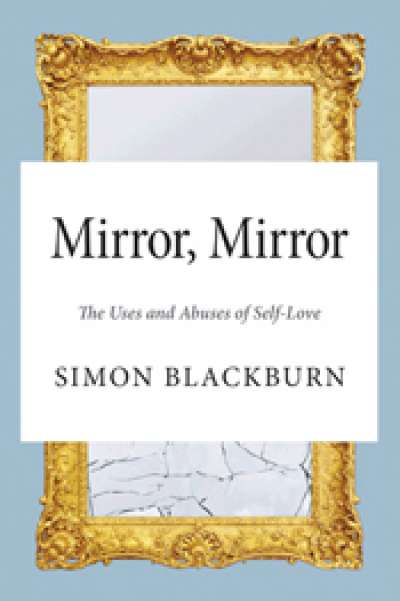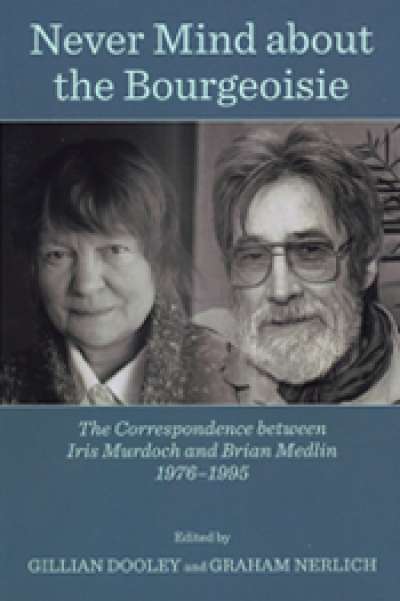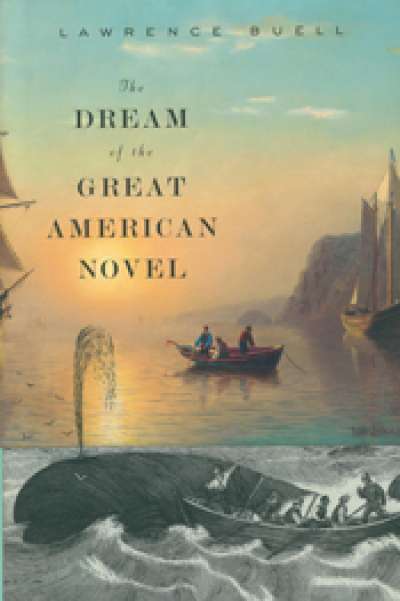Non Fiction
‘Dear Dr Blewett, I am writing to you ... concerning your intention to publish the diary you kept during the first Keating Government ... Whether any legal action, criminal or civil, is initiated would be entirely a matter for the Commonwealth government and relevant authorities ...
... (read more)The Snowden Files by Luke Harding & No Place to Hide by Glenn Greenwald
1984 is back. George Orwell’s nightmare vision of governmental surveillance, secrecy, and deception clearly resonates with the revelations first leaked to the Guardian by former National Security Agency (NSA) contractor Edward Snowden. Indeed, it is practically impossible to find an account of the Snowden affair without at least one ‘Orwellian’ adjective dropped into the mix. Sometimes it comes qualified: Justice Richard J. Leon, District Court Judge for the District of Columbia ruling in December 2013 that the bulk collection of US mobile phone records was probably unconstitutional, called the NSA program ‘almost Orwellian’. This decision is currently under appeal.
... (read more)Mirror, Mirror: The uses and abuses of self-love by Simon Blackburn
Everyone knows the emotions of self-concern – self-esteem, pride, vanity, self-respect – and associated character traits – authenticity, arrogance, humility, and the like. Yet as soon as we start to think seriously about them and the roles they play in personal and social life, they tantalise with their ambiguities and their resistance to easy definition. Some forms of self-concern, such as arrogance and hubris, are disagreeable. Yet others, such as self-respect, seem desirable. Why? And what is self-respect exactly, anyway? How much do these various emotions and dispositions contribute to (or detract from) a good or decent life?
... (read more)Always Almost Modern: Australian print cultures and modernity by David Carter
Australia was colonised in the period of modernity, with the Industrial Revolution driving much of its development and a belief in improving technology and political progress underlying its public institutions. The society may have been modern but its culture, in particular its art and literature, has borne the recurrent charge of backwardness. The centres of innovation in twentieth-century art have been elsewhere, in the cosmopolitan cities of Europe or the United States of America, so that Australian critics and artists have carried a sense that to be distant from the centre also means to be behind the times. The gap between Australian modernity and its artistic partner and antagonist, modernism, has obsessed many Australian critics over the years; it is as if Australian art somehow ought to match the society’s technological progress as a matter of national pride.
... (read more)Protests, Land Rights and Riots: Postcolonial struggles in Australia in the 1980s by Barry Morris
Protests, Land Rights and Riots examines indigenous politics in New South Wales in the 1980s. The discussion focuses on several protests, including the infamous 1987 ‘Brewarrina riot’, which followed the death of a young Aboriginal man in police custody, as well as a 1990 demonstration against amendments to the Aboriginal Land Rights Act 1983 (New South Wales). Morris, an anthropologist, provides the background to these and other events, and captures the tensions that characterised indigenous politics at the time, as well as the post-colonial ‘fantasies’ and ‘anxieties’ that infused the broader society around its bicentenary.
... (read more)The Gillard Governments: Australian Commonwealth administration edited by Chris Aulich
The prime ministership of Julia Gillard attracted an immense amount of media attention, not least because of the novelty of a female leader aspiring to embody the values and dreams of the Australian people. As opposition to her policies and style grew, Gillard as the government figurehead was at times subjected to extremist protests that used her gender as a weapon. Gillard’s prime ministership and perceptions of female power in contemporary Australia are issues explored in various chapters of The Gillard Governments, though not as extensively as its back-cover blurb would have us believe. The contributors to this edited volume are more interested in understanding the government’s policy development, administration and machinery of government than in the prime minister and her individual challenges.
... (read more)Twelve years after Swift’s death, Lady Mary Wortley Montagu showed a visitor to her house in Venice a commode lined with books by Pope, Bolingbroke, and Swift. This, she explained, ‘gave her the satisfaction of shitting on them every day’. We still don’t know exactly what it was that caused her to fall out with Swift, Pope, and their friends in the 1720s, but there’s no questioning the enduring passions involved. The clichéd ‘men in powdered wigs’ image of the eighteenth century tells only a small part of the story. The violent intensities of the satirists are really much more interesting. We read Swift still for the visionary moments of humour, indignation, disgust, and existential terror sometimes hard to distinguish from tragedy; oh, and also for the deadly poise of his prose. Wortley Montagu was right thus to line her commode. Satire in her day was a visceral business.
... (read more)Helen Small, Professor of English at Pembroke College, Oxford, adopts a pragmatic and non-polemical approach in addressing The Value of the Humanities. This topic has been much debated recently as political and economic pressures on universities and funding agencies have led to an alleged devaluation of the humanities.
... (read more)Never Mind about the Bourgeoisie: The correspondence between Iris Murdoch and Brian Medlin 1976–1995 edited by Gillian Dooley and Graham Nerlich
If you’re a bookish type of a certain age, chances are you went through your Iris Murdoch period. You binged on novels such as The Black Prince (1973) and The Sea, The Sea (1978); you immersed yourself in her world of perplexed, agonised souls searching for meaning, falling disastrously in love with absurdly wrong people, consoling themselves with a swim or a madrigal singalong. It’s less likely that you will have read any of her philosophical writings, but you were in awe of her mind, and her eventual eclipse by Alzheimer’s seemed like a particularly cruel blow. Your impression of her is probably of a brilliant, absent-minded professor who looked like Judi Dench.
... (read more)Well, it’s Moby-Dick, obviously. Except when it’s Huckleberry Finn or Absalom, Absalom! or Invisible Man or Gravity’s Rainbow. The Great Gatsby will often do, if one is pressed for time.
There is something a bit ridiculous about the idea that a single book could become the definitive expression of an entire nation. This is perhaps especially true in the case of the United States, a country so vast, diverse, and contradictory that any attempt at a grand summation would appear doomed to fail. Nevertheless, as Lawrence Buell argues in The Dream of the Great American Novel, the concept of the ‘GAN’ (the nickname bestowed by no less an eminence than Henry James) has proved remarkably resilient. As Buell notes in his introduction, the idea tends not to be taken all that seriously these days: no novelist would admit to trying to write such a thing, except perhaps in jest, and no serious critic would be reckless enough to bestow such a title. And yet, he observes, paraphrasing an unnamed ‘distinguished reviewer’, it is ‘hard to think of a major American novelist who hasn’t given it a shot’.
... (read more)
